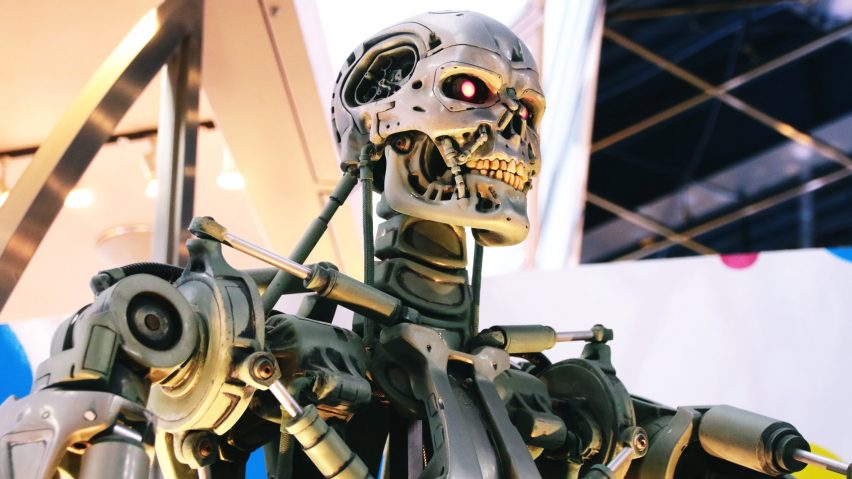More than 50 leading academics working in the field of robotics have called for a boycott of a South Korean university, over concerns about its partnership with a defence company to develop autonomous arms.
The artificial intelligence (AI) researchers, who hail from nearly 30 countries, are concerned that the collaboration between Korea Advanced Institute of Science and Technology (KAIST) and its partner, defence manufacturer Hanwha Systems, could lead to the development of "killer robots".
Opened on 20 February, KAIST's Research Center for the Convergence of National Defense and Artificial Intelligence was set up to "provide a strong foundation for developing national defence technology".
The centre was established in partnership with Hanwha, one of South Korea's largest weapons manufacturers, which makes cluster munitions that are banned in 120 countries under an international treaty.
Academics believe KAIST centre will accelerate arms race
In the open letter to Sung-Chul Shin, president of KAIST, the researchers and engineers voiced their "great concern" over the centre, saying it will "accelerate the arms race" to develop AI-based weapons.
"If developed, autonomous weapons will be the third revolution in warfare," it reads. "They will permit war to be fought faster and at a scale greater than ever before. They have the potential to be weapons of terror. Despots and terrorists could use them against innocent populations, removing any ethical restraints."
The researchers said they will not visit KAIST, host visitors from KAIST, or contribute to any research project involving KAIST until Professor Sung-Chul Shin provides assurances.
KAIST denies intention to develop killer robots
Toby Walsh, a professor at the University of New South Wales and the organiser of the boycott, told the Guardian: "There are plenty of great things you can do with AI that save lives, including in a military context, but to openly declare the goal is to develop autonomous weapons and have a partner like this sparks huge concern."
"This is a very respected university partnering with a very ethically dubious partner that continues to violate international norms," he continued.
In response to the boycott, Sung-Chul Shin has released an official statement to the press, in which he denied claims that the institution was working on so-called killer robots.
"I would like to reaffirm that KAIST does not have any intention to engage in development of lethal autonomous weapons systems and killer robots. KAIST is significantly aware of ethical concerns in the application of all technologies including artificial intelligence."
"I would like to stress once again that this research centre at KAIST, which was opened in collaboration with Hanwha Systems, does not intend to develop any lethal autonomous weapon systems and the research activities do not target individual attacks."
UN will meet to discuss autonomous weapons next week
The letter comes at a time when the United Nations is working with an expert panel to discuss how to contain the threat posed to international security by autonomous weapons.
The topic will be the focus of a UN meeting in Geneva next week, which will be the fifth time since 2014 that governments have convened to discuss the issue. Representatives from more than 80 countries are expected to attend.
According to the campaign to Stop Killer Robots, almost 90 countries have acknowledged the need to retain meaningful or necessary human control over the use of force involving autonomous weapons. Several have committed not to acquire or develop fully autonomous weapons, while 22 countries have endorsed the call for a ban.
In August last year more than 100 leaders in the field of robotics, including Tesla and SpaceX CEO Elon Musk, signed an open letter calling on the United Nations to prevent a global arms race in autonomous lethal weapons.

